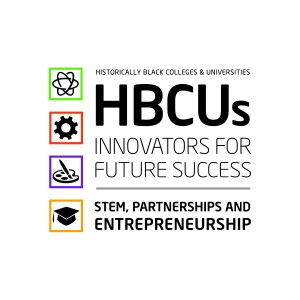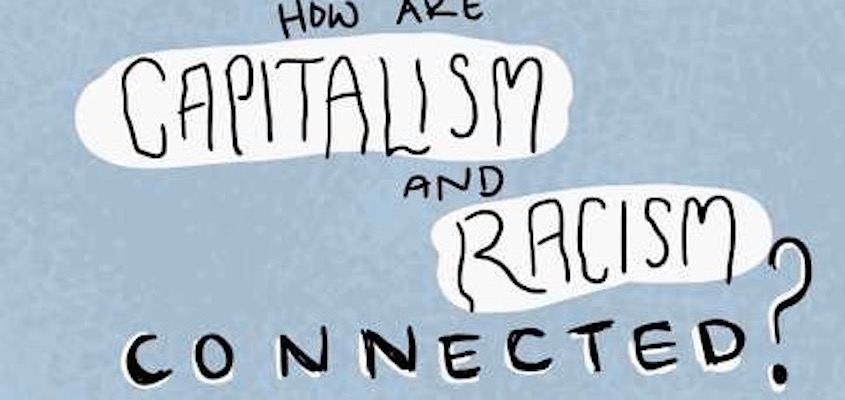(ThyBlackMan.com) The importance of adaptation, modification and incorporation of new educational initiatives in instruction for HBCU’s is important for their continued existence, incorporation of STEAM in HBCU’s can be seen in how instruction and R&D is changing in the classrooms of Historical Black Colleges and Universities similar to classes at Edward Waters College, the oldest HBCU in Florida.
The students of the Educational Technology, Social Media and STEAM class are being exposed to differential instruction that is not based on lecture, but combines project based learning, blogging, Social Media interaction and elements of STEAM Science Technology Engineering Arts Mathematics. The diversity of the student body and the growing miscellany of careers requires instruction to grow beyond the traditional teacher lead instruction to student guided and hands-on learning. Learning labs are needed for hands-on and online R&D of projects.
There is a demand for knowledge in the area of technology integration, content creation and the development of thought  leaders, innovators and visionaries.
leaders, innovators and visionaries.
New and expanding careers are demanding that students Brand themselves as life-long learners and able to comprehend information and recreate it to suit diverse areas of education, business, science and commerce. Students in the Educational Technology classes in HBCU’s such as EWC are learning to diversity their mindsets, cognitive skillsets and abilities to Brand and Market themselves using Social Media platforms to make themselves competitive in global markets.
Combining the educational aspect to incorporate teaching abilities because students in the corporate world will be participating in providing presentations using interactive tools, involved in Google Hangouts, Blabs, Periscope interactive events and other online conferencing.
The growth in combining education departments, mass communications and technology teaches students the value and empowerment of technology and incorporating Science Technology Engineering Arts Mathematics.
Educational and corporate surveys of workers are showing that “students who attend public, private and charter high schools find that digital technologies have become essential to learn new concepts.” Pew Internet Research 2013 HBCU’s must continue to prepare and expose their students to educational and professional initiatives that place them on a level of competitiveness and balanced skills.
The importance of having a digital knowledge base and skillsets of technology will mean the difference for HBCU students in having a productive career or being unemployable or underemployed. Access to the Internet, wireless mobile devices, and Social Media platforms, not just for social interaction have brought new challenges to all career options.
Access to the latest digital technologies is important in how current and future students will be proficient and capable in the diverse professional environments that are not even created yet.
Educational Technology, Instructional Technology, Media Technology and Medical Technology classes, only had students that were major specific. Today classes like Educational Technology 250 at Edward Waters College are admitting diverse majors beyond education because of the realization that technology skill sets must be strengthened with 21st century technology skills.
HBCU students must understand how to apply Educational Technology, Instructional Technology, Media Technology, Digital Technology, Applied Technology and others to standards and procedures to accomplish not just educational goals, but the goals of medical, commerce, business and social sciences.
A Congressional Commission on Instructional Technology (1970) “concluded that technology involved more than just hardware.” The Commission concluded, “in addition to the use of devices and equipment, instructional technology also involves a systematic way of designing and delivering instruction.”
The instructional process is affected as well because of the incorporation of hardware that interacts with software, HBCU students need to understand concepts based on multiple hardware designs and the integration of software platforms.
Tech change every 6 to 9 months so the uses and incorporation will change and the learning curve is different depending on the type of tech, implementation and human skillsets.
HBCU students must take advantage of tech classes to prepare them for outside of the classroom. A push by civil rights advocate Jesse Jackson prompted tech firms to release workforce diversity data which showed under-representation of African Americans, Latinos and women in the field (2010). HBCU’s need to increase their instructional faculty and support staff to prepare for the changes to come as diversity is embraced and careers are available to meet the need to solve problems before they are created.
STEAM is not the only initiative: STEM, STREAM, CSTEAM, STEM2(squared) and more. HBCU’s need to stay competitive with PWI’s because their “clients” are diverse, but each will compete against each other as application and incorporation grow in STEM – STEAM careers.
Staff Writer; William D. Jackson
Find out more about this talented writer over at; OCS For Education.




















Leave a Reply